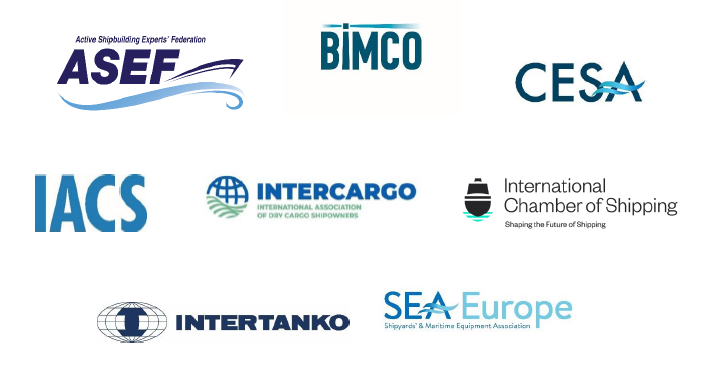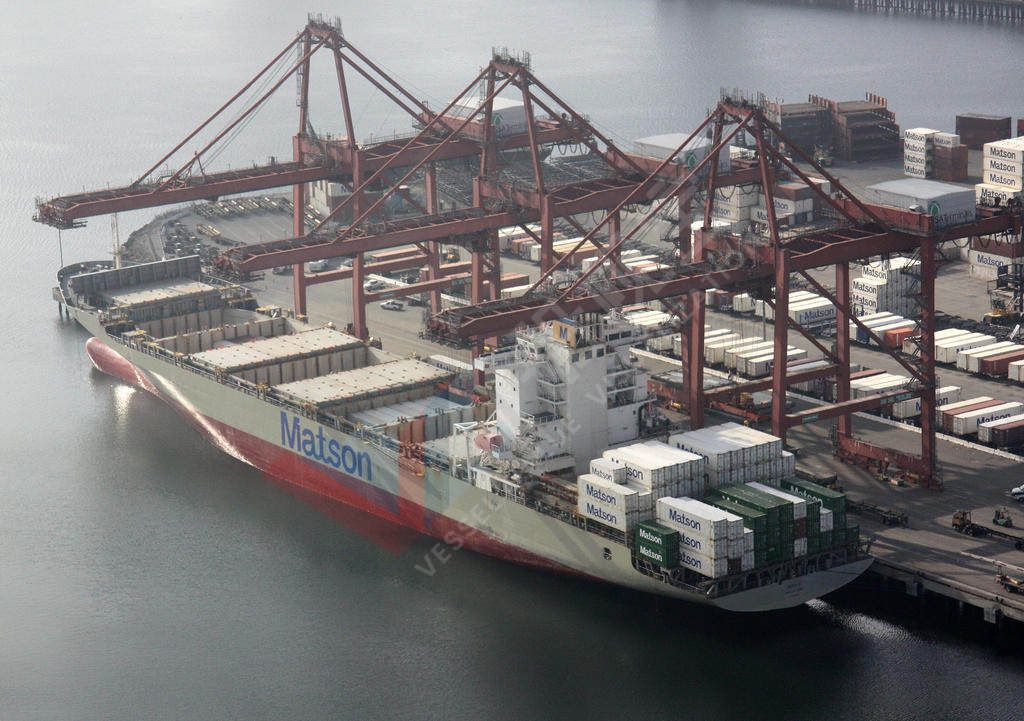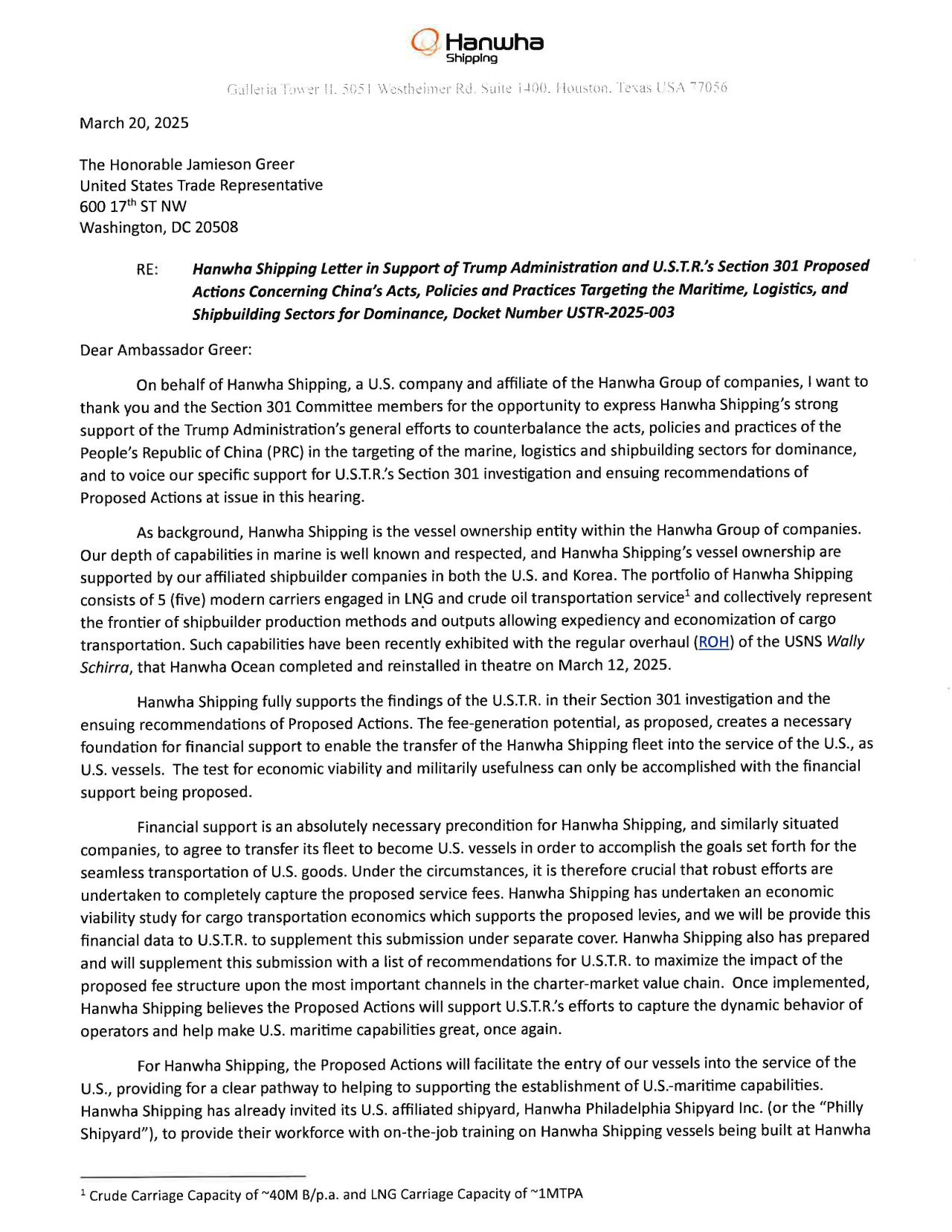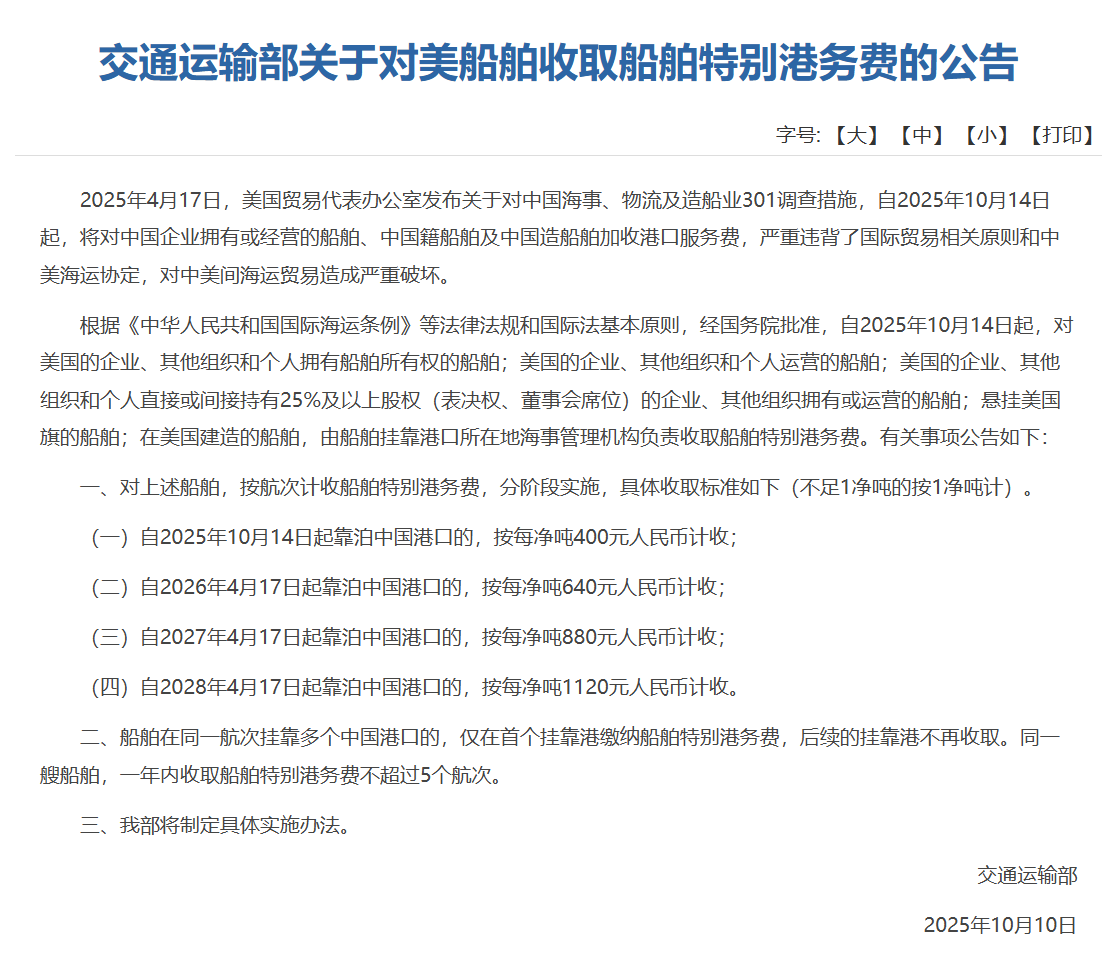
In light of recent developments, the Tripartite participating organisations reaffirmed their support to the International Maritime Organization (IMO) as the global regulator for international shipping, capable of delivering effective regulations in close collaboration with the maritime community.
The Tripartite Forum of shipbuilders, shipowners and classification societies convened for their annual conference in Busan, South Korea, bringing together more than 70 delegates from 13 countries.
The Tripartite has been meeting for over two decades and has a distinguished record of tackling the most significant engineering challenges, notably initiating the development of the Common Structural Rules for bulk carriers and tankers, Permanent Means of Access for tankers, and the mandatory standards for coating ballast and cargo tanks.
Tripartite’s recent meeting, from 22 to 23 October 2025, continued this tradition with discussions on the more pressing technical issues facing the industry. The range of topics explored in this year’s forum included decarbonisation, onboard carbon capture, autonomous ships, biofouling, ballast water treatment, underwater radiated noise, software maintenance and grey water. Delegates who contributed to the extraordinary session of the MEPC at the International Maritime Organization (IMO) also discussed the implications for the maritime sector, in light of that meeting. On this timely occasion, the Tripartite participating organisations reaffirmed their support to the IMO as the global regulator for international shipping, capable of delivering effective regulations in close collaboration with the maritime community.
IMO's immediate past Secretary General, Kitack Lim, was a guest of honour at this year’s event and brought with him a depth of knowledge and experience.
On behalf of this year’s organising association International Chamber of Shipping Secretary General, Thomas A. Kazakos, said:
“The shipyards of tomorrow will not only build vessels; they will build confidence in the industry’s ability to meet its sustainability goals. By working closely with classification societies and shipowners, shipbuilders can ensure that the ships of the future are not only compliant with new regulations and fuels but are also designed to operate safely, efficiently, and competitively in an increasingly complex world. Collaboration, foresight, and a continued focus on safety will be the foundation on which the next generation of shipbuilding excellence is built.”
The Tripartite organisations welcomed the progress made in the working groups on Underwater Radiated Noise, Future Proofing of the Maritime Safety Regime, Safe Decarbonisation, Safe Digital Transformation, Ship Life-Time GHG Accounting, Automated Fuel Consumption and Data Gathering.
Next year’s forum will take place in Q4 2026, in Japan.
by International Chamber of Shipping
The opinions expressed herein are the author's and not necessarily those of The Xinde Marine News.
Please Contact Us at:
media@xindemarine.com




